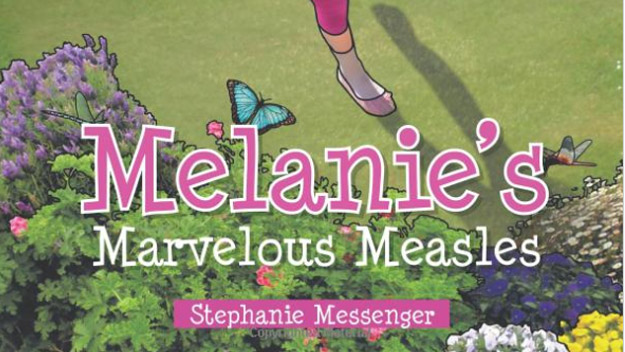When it comes to children’s health, there are few topics more emotionally polarising than vaccination. Granted, the vast majority of Australian kids receive their scheduled jabs. Yet among the small minority of parents who refuse them and argue for the right to abstain, the opposition is often vehement. In response, there’s been a growing chorus of condemnation from parents, doctors and government, who argue non-vaccinators are putting the community at risk of disease.
Sandwiched in between is an uncertain group, perturbed enough by niggling doubts over possible reactions, side-effects and alleged links to autism and other conditions to do nothing – but not convinced enough to be conscientious objectors. Convincing this group is considered key to maintaining levels of vaccination that can prevent the return of diseases such as measles and whooping cough.
At a grassroots level, GPs play the most important role in influencing parents to have their children vaccinated. To find out more, The Weekly consulted one of the country’s top vaccinators – Dr Brian Morton, who has a 97 per cent success rate at his Sydney surgery. Here, Dr Morton, who is also chair of the Australian Medical Association’s Council of General Practice, shares the 10 strategies he uses to assure parents that vaccination
is the right thing to do.
Vaccination is safe
“It has been well researched and is proven by scientific evidence to be safe and effective. Vaccination is the best preventative medicine and intervention we have against diseases that can cause severe illness and death.”
A vaccine will not make your child sick
“The vaccine uses an inactivated or attenuated part of the disease to stimulate a reaction, so you can’t actually get the disease from the vaccine. The link between the measles vaccine and autism has not been scientifically proven, in fact, quite the opposite. The guy who falsified that research was [banned from practising medicine].”
If your child is unvaccinated, you can’t rely on herd immunity
“If someone gets sick [from a vaccine-preventable disease], your child is going to be pulled out of childcare or kindergarten and you are going to have to come home from work to look after them. And even if your child gets sick, but is okay, how would you feel if they give the illness to another child who gets very sick or dies?”
You can’t afford to be complacent
“In Australia, we have a modern health system and can go to the doctor and not contribute [if covered by bulk-billing through Medicare]. In a subtle way, I think there’s a misguided assumption that even if my child isn’t vaccinated and gets sick, it can be fixed.”
Information is not knowledge
“Some people Google vaccines and get misled by the [anti-vaccination group] Australian Vaccination Network. I advise people to do their own research, but try to be more discerning and to have a critical look at the websites they are looking at to decide their credibility. For example, is it by a respected institution or something based on anecdotes?”
Doctors are experts on vaccination
“As a medical professional, part of my training is to recognise and interpret evidence. The evidence in favour of vaccination is very strong. Diseases that we used to see in Australia have been eradicated or reduced to small occurrences through vaccination.”
Vaccine-preventable diseases can cause disability or death
“When I was an intern, I saw polio victims in iron lungs for life and a gardener who came in frothing at the mouth and struggling to breathe from tetanus. And you still read about young babies dying from whooping cough. I’ll hear older patients say, ‘Mum had six children, but two died in infancy’ – often it’s accidents and childhood diseases like diphtheria.”
Vaccination is not a matter of opinion
“It wouldn’t be such a universal measure around the world if it was just a matter of opinion. We wouldn’t have the eradication of smallpox and the near eradication of polio. The numbers of children with meningitis and whooping cough would be much higher.”
Don’t let emotion over-rule your intellect
“You do get emotional parents who you just can’t convince [to get their kids vaccinated], but I think treating them as smart people with the right to make up their own minds and responsibility for their children is the best way to approach it. You might not succeed at one consultation, but they may come back after thinking it through.”
I want the best for your child
“We do have a duty to get the message across and lead patients to vaccination. There’s a duty of care because the evidence is just so strong. It’s almost a gut reaction when I hear a patient mentioning their eight year-old grandson has not been vaccinated.”


